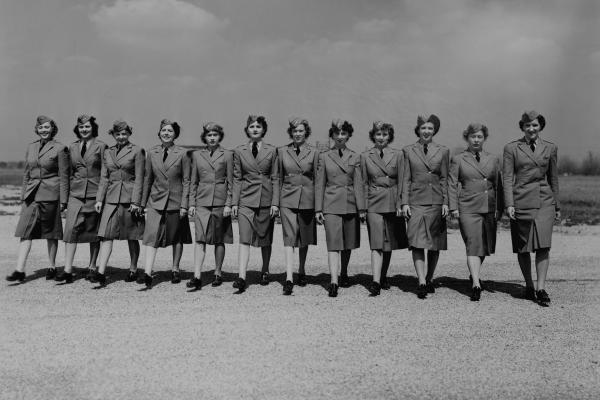WITH THE RECENT decision to open combat positions in the U.S. armed forces to women, Selective Service registration is back in the news, in the courts, and in Congress. While much of the debate has focused on issues of gender—will young women be required to register?—the problems with draft registration are extensive and worthy of more thorough consideration.
For many people of faith and people of conscience, questions around Selective Service registration are not new, and, ethically speaking, nothing is different now that women may be part of the equation. For many, the questions around Selective Service registration have long been ones of preparation for war, militarization of our communities, and coercion of individual conscience.
The Selective Service act of 1917 launched the modern American version of the government raising an army in a time of war. In 1975, following the Vietnam War, draft registration was suspended, but it was reinstated under President Carter in 1980 and continues today. There is no option to register as a conscientious objector, no matter one’s religious beliefs.
Over the last 35 years, millions of young men have violated the law by failing to register. Only 20 of them have been prosecuted for the felony offense—19 of those were resisting for reasons of faith or conscience.
The last indictment for failure to register was filed in 1986. The government thought it would prosecute a handful of resisters to set an example and encourage compliance. The strategy backfired. When these conscientious objectors were interviewed on the evening news, claiming allegiance to a higher moral law, noncompliance with registration actually increased, much to the government’s dismay. It had underestimated the power of conscience. It failed to take into account a universal truth: When we follow the counsel of our conscience, we tend to make better decisions.
Read the Full Article

